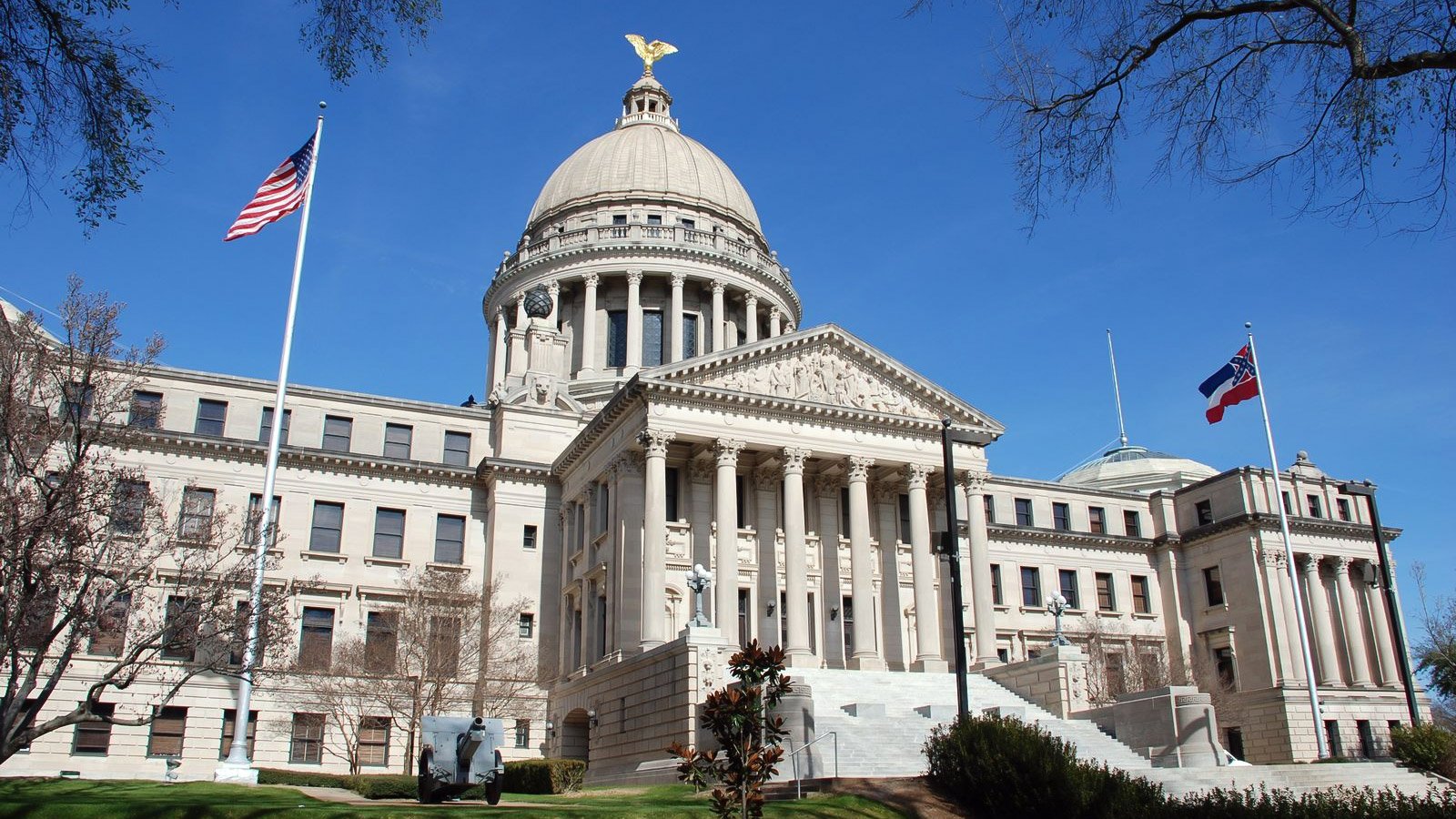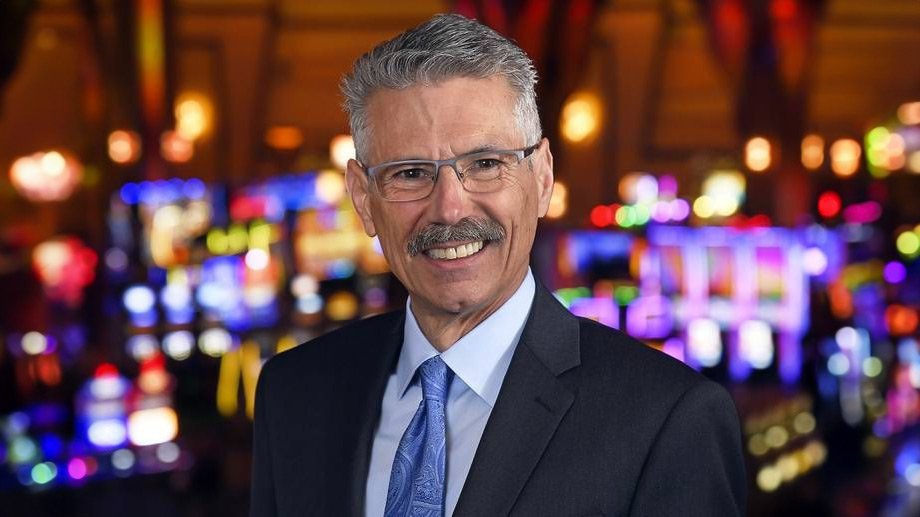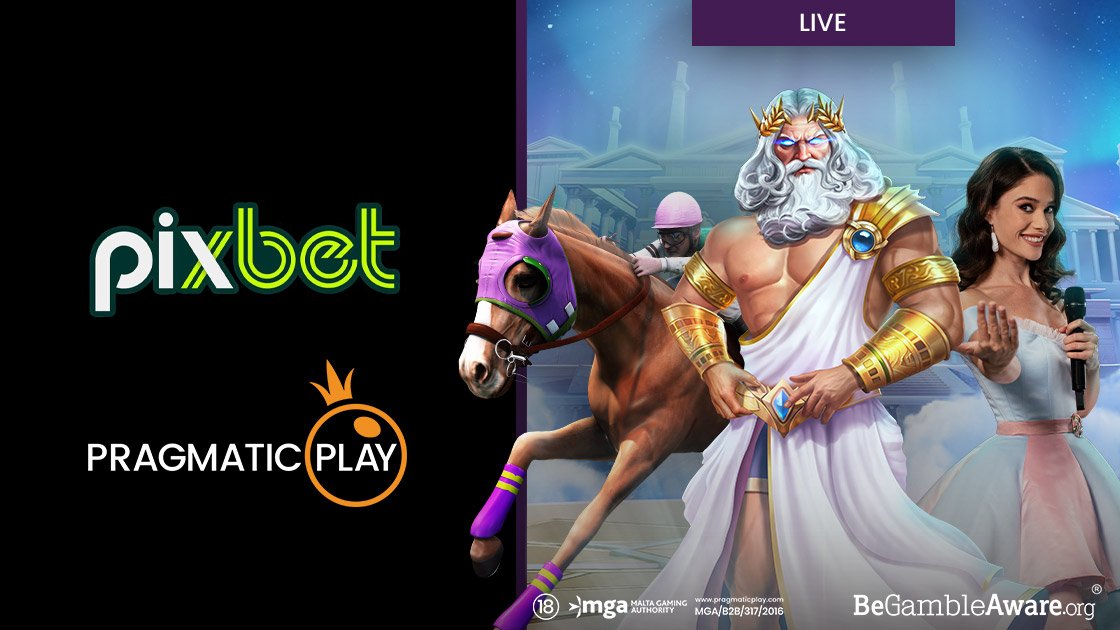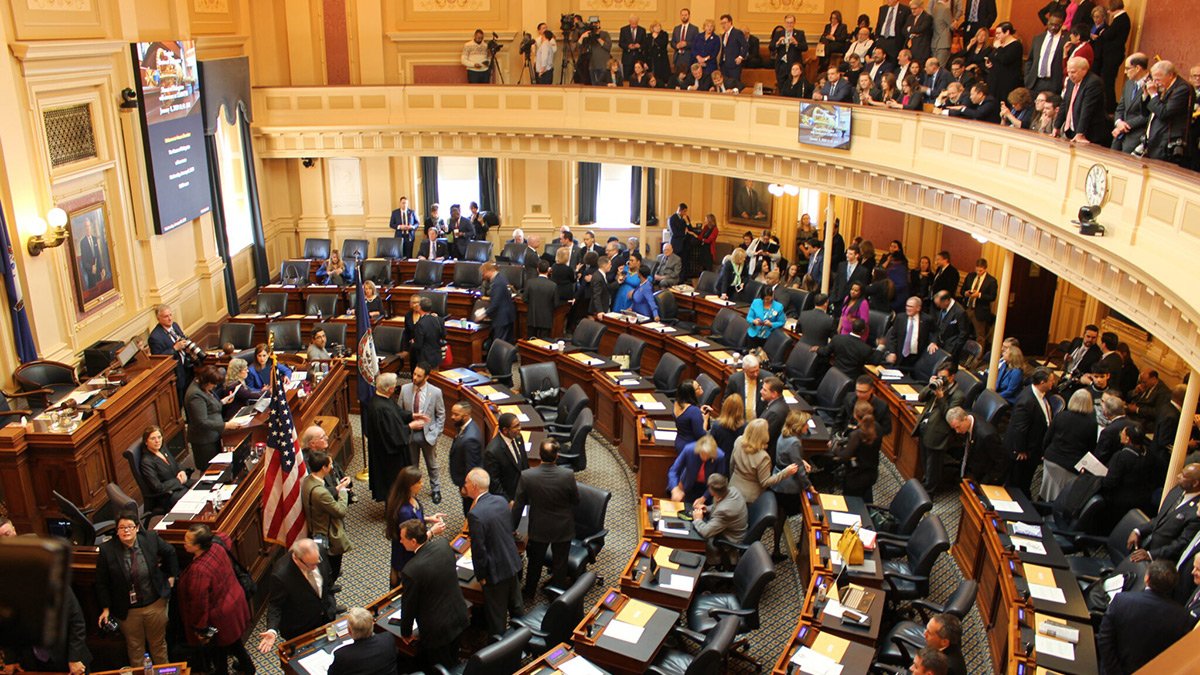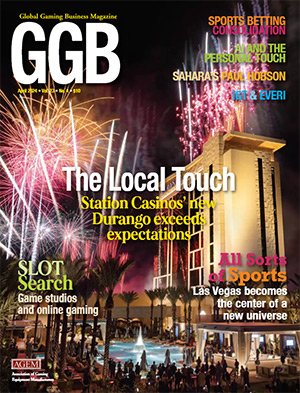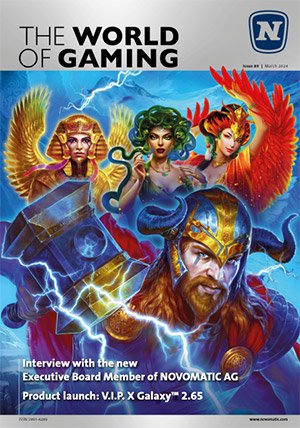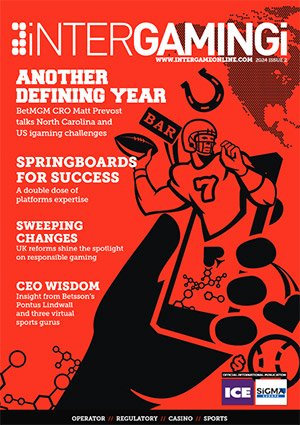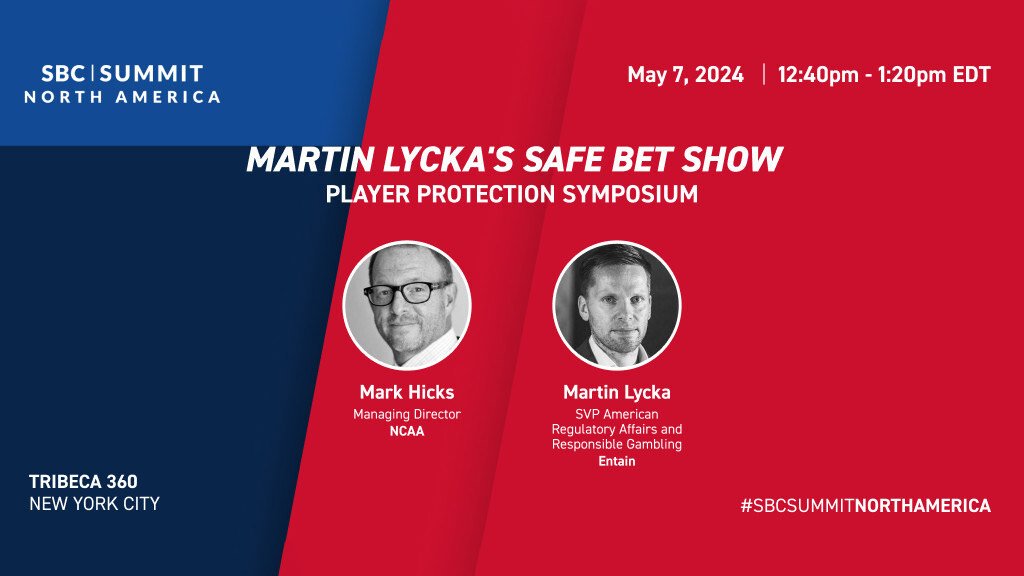Tennessee's lower house approves online sports betting bill
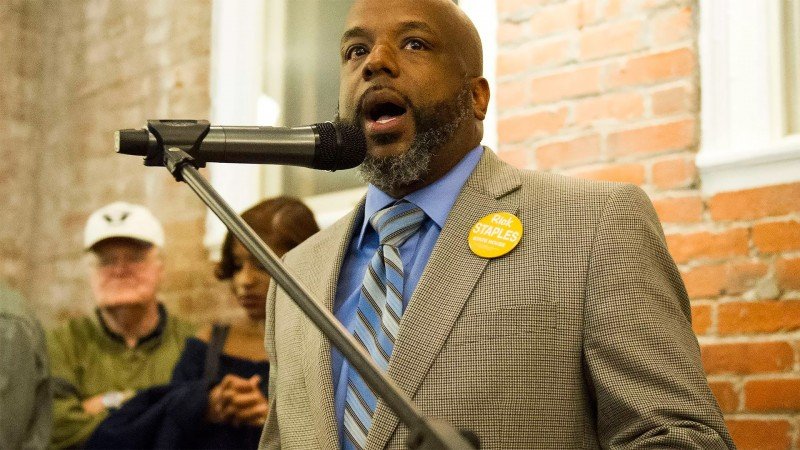
Amid spirited debate, Tennessee's lower legislative body voted 58-37 in favor of HB1, overcoming fear the measure would increase gambling addiction and take food out of the mouths of children, the Daily Memphian reports. The Senate version was to be considered Wednesday in the Finance, Ways & Means Committee.
State Rep. Rick Staples, a Knoxville Democrat, sponsored the heavily amended measure, which initially would have allowed brick-and-mortar gambling sites but was changed to eliminate concerns about casinos popping up statewide. The Senate version of the bill is co-sponsored by state Sen. Raumesh Akbari, a Memphis Democrat who chairs the Senate Democratic Caucus, and state Sen. Katrina Robinson, also a Memphis Democrat.
They hope the measure could pave the way for gaming establishments to set up in the Beale Street area. where tourists and those attending sporting events such as Memphis Grizzlies games could wager.
Under Staples’ bill, the Tennessee Lottery Corp. would regulate online, interactive and mobile gaming by establishing a commission to oversee licensing of companies that set up in Tennessee. Gaming companies would pay a $750,000 fee to operate and put up geofencing to ensure bets are made within the state of Tennessee.
"We already have 10 committed licenses coming to Tennessee if we pass this law," Staples said during debate.
He argued $150 billion is being lost through online gambling to overseas entities and the state is losing $1 billion to illegal gambling, in addition to $3 billion to surrounding states with legal gambling. Memphis lawmakers have pointed out Shelby County is hemorrhaging money to the surrounding states of Mississippi and Arkansas, both of which have legal gambling.
Licensed gaming companies also would pay a 20% privilege tax, with 80% of the revenue going toward Lottery scholarship programs, 15% to local governments for infrastructure and education and 5% to the Department of Mental Health and Substance Abuse for gambling addiction programs.
The measure passed with the support of state Rep. Bill Sanderson of rural Kenton in West Tennessee, who told lawmakers a story of his father going to Jackson in 1971 to watch an Ali-Frazier boxing match on closed-circuit TV. While there, he bet on Frazier to win on a TKO in the 15th and had to place a call to Las Vegas to do it. Frazier won on a split decision in the 18th round.
Despite the result, Sanderson explained people have been betting illegally in Tennessee for decades, and he noted the legislation would only enable the state to regulate it and collect revenue.
"All this bill is going to do is say we’re going to geofence it," he said.
Republican state Reps. Andy Holt of Dresden and Jerry Sexton of Bean Station in East Tennessee made impassioned pleas against the legislation, contending it would hurt children, enabling some to hack into gaming accounts to bet illegally or putting them at risk of parents losing money that should go toward food and clothing.
"We need to rise up and say no. We need to go back to our churches and communities and say we took a stand," said Sexton, adding he hopes Gov. Bill Lee will veto the legislation if it makes it to his desk.
Ultimately, state Rep. G.A. Hardaway, a Memphis Democrat co-sponsoring the legislation, called the measure a “common sense” move because it will give the state an opportunity to put “consumer protections” in place. Others pointed out it will keep illegal bookies and loan sharks from breaking people’s legs.
"The reality is there is gambling going on, there is a black market. There is gambling going on online," Hardaway said.
He pointed out the bill does nothing to encourage people to gamble but sets up a state-controlled “environment” to collect revenue and deal with addiction.


